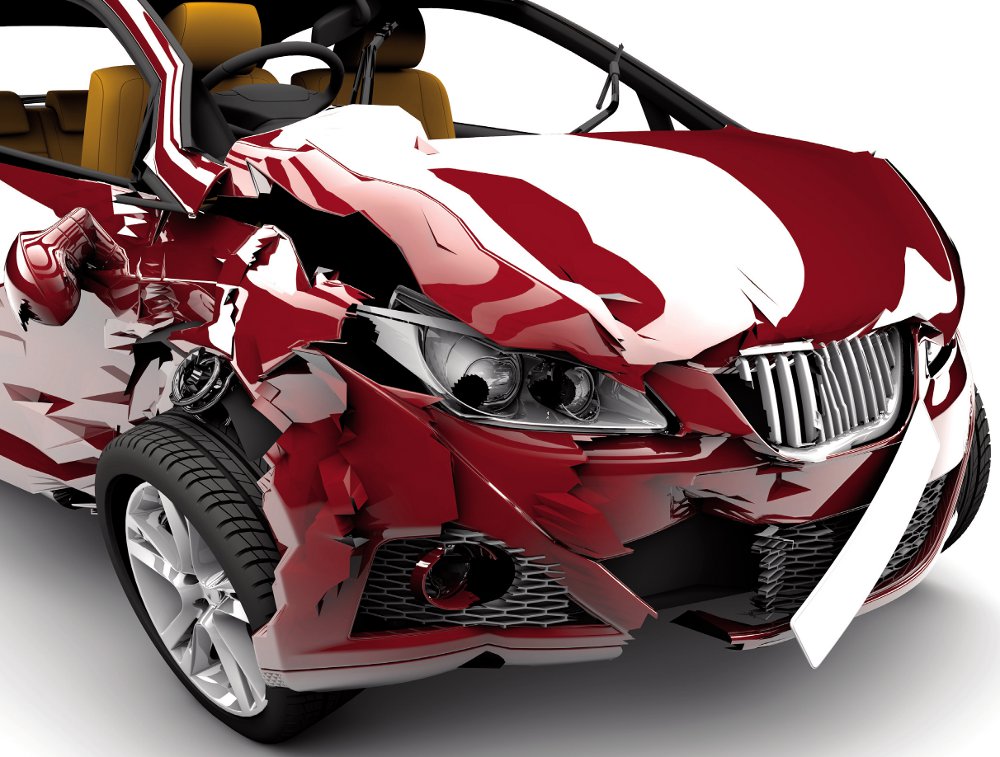Insurance
Car insurance: where does your money actually go?

More than half of UK drivers don’t understand how their car insurance premium is calculated and many are also unclear why the price of the policy fluctuates upon renewal. Below we reveal where your money actually goes and tips on how to cut the cost of your premium.
New research reveals that half of UK drivers believe motor insurance is too confusing, while 86% believe it needs to be easier to understand.
The data from Co-op Insurance also revealed 51% don’t understand how their premium is calculated, while 36% don’t understand their policy price in relation to their car model.
Large numbers also aren’t aware of some of the fundamental things their premium is for.
Here’s a run-down of where your money goes:
- Around a quarter covers the possible cost of injury to others.
- Around a fifth covers possible damage to other people’s property, which is usually cars.
- Around a fifth covers the cost of possible damage to your own car from an accident, and theft.
- The insurance firm also adds around a quarter to cover its costs and Co-op said it adds around 2% for profit.
- It also adds 9.5% to the cost as part of the Insurance Premium Tax (IPT).
Tips to lower the cost of your car insurance premium
Kevin Pratt, consumer affairs expert at MoneySuperMarket.com, said: “Car insurance is a legal requirement – it’s an expense you can’t dodge. But that doesn’t mean you should pay more than you need to. The good news is that, for most people, there are big savings to be made.”
1) Shop around every year. Insurers don’t reward loyalty, they offer their best prices to new customers, just to get them through the door. So make yourself a new customer every time you buy. Don’t let your insurer automatically renew your policy, or you’ll end up with a more expensive deal.
2) If you can, pay in one go as instalments carry an interest charge. If you can’t stump up the full cost, consider getting a credit card that charges 0% on purchases for 12 month or more, and pay on that. Then make sure you pay off the credit card balance within 12 months.
3) Try adding an experienced person as a ‘named driver’ on your policy. Insurers see this as diluting the risk, so they charge less. The insurance should always be in the name of the main driver – the one who does the most miles.
4) You could increase your voluntary excess – the amount you pay towards any claim you make. Higher excess equates to lower premium. But don’t push it too high, because you’ll effectively be insuring yourself.
5) Consider parking off road, especially at night. But don’t tell your insurer that you park in a garage if you sometimes leave the car on the street – you might run into trouble if you make a claim.